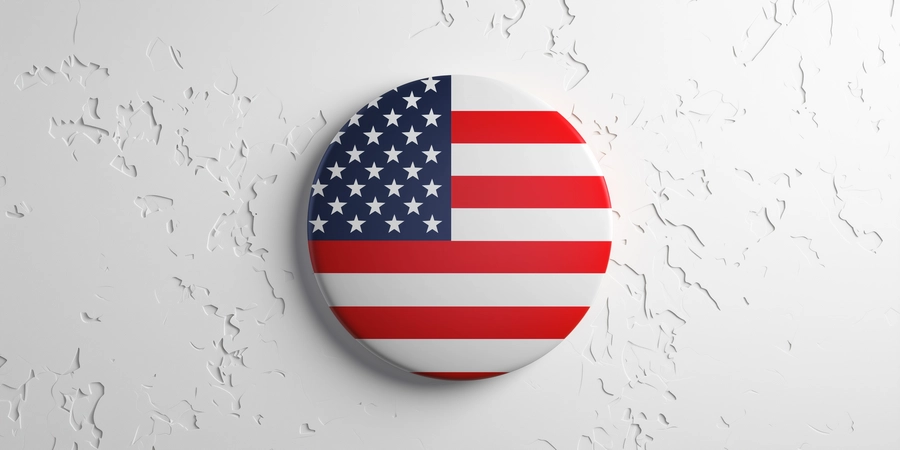# TL;DR
- Trump’s Foreign Aid Freeze Hits Entrepreneurs Hard: A 90-day halt on new U.S. aid programs leaves businesses in limbo.
- Key Impacts:
- Financial strain: USAID contractors face funding gaps, layoffs, and unpaid work.
- Project shutdowns: Many climate, health, and education initiatives are paused indefinitely.
- Increased global competition: China and Russia may step in to fill the void.
- Regional instability: Reduced funding for aid programs could create security risks.
- Lessons for Entrepreneurs:
- Diversify Income Streams: Relying on a single funding source is risky.
- Strengthen Cash Flow: Maintain financial stability during uncertain times.
- Stay Agile: Be ready to pivot as market conditions shift.
- Leverage Local Partnerships: Build strong networks beyond government support.
- Advocate for Policy Change: Engage with policymakers to protect business interests.
- The Big Picture: Government policies can disrupt industries overnight. Entrepreneurs who focus on financial independence, adaptability, and strategic planning will be best positioned to thrive in uncertain times.
# Introduction
In early 2025, the Trump administration enacted a 90-day freeze on most foreign aid, triggering widespread uncertainty for entrepreneurs tied to global funding and partnerships. This move sent shockwaves through multiple sectors, leaving business owners scrambling to adapt.
This article breaks down what this policy shift means for entrepreneurs, the real-world impact, and strategies to stay ahead in uncertain times.
# Breaking Down the Foreign Aid Freeze
On January 20, 2025, just days into his second term, President Trump signed an executive order halting new foreign aid programs for 90 days. The goal? To ensure all programs align with the administration’s “America First” policy. Shortly after, Marco Rubio issued a directive freezing USAID operations, reinforcing the pause.
According to Secretary Rubio, every dollar spent needed to be justified by proving it made America “safer, stronger, or more prosperous.” While humanitarian aid—covering medicine, food, and shelter—remains untouched, programs supporting energy, education, and entrepreneurship have been put on hold.
# How Entrepreneurs Are Feeling the Heat
The funding freeze has caused an immediate financial squeeze, particularly for businesses that depend on U.S. foreign aid contracts.
- Cash Flow Crunch – Many contractors, primarily small businesses, pre-fund aid projects and then request reimbursement. With payments now stalled, layoffs and financial strain are setting in. Annie Feighery, CEO of mWater, reported that USAID’s halt wiped out 80% of her company’s funding overnight.
- Projects on Hold – Entrepreneurs working on green manufacturing, climate resilience, and social impact initiatives have been told to pause operations indefinitely, leaving them in limbo.
- Rising Global Competition – As the U.S. steps back, countries like China and Russia could step in, creating an uneven playing field for American entrepreneurs in international markets.
- Regional Instability – Reduced funding for refugee programs and humanitarian projects may open the door for non-state actors, including extremist groups, to gain influence—further complicating business opportunities in affected regions.
# Real Stories: The People Behind the Numbers
# Teddy Ruge – Uganda
Teddy Ruge, a Ugandan entrepreneur employing small-scale farmers to grow Moringa for food fortification, was told to halt operations. His dilemma? Whether to continue paying workers or shut down entirely.
# Annie Feighery – mWater
Feighery’s company, mWater, provides a digital platform to help governments improve water access. As a subcontractor, she’s left dealing with unpaid invoices, mounting debt, and staff layoffs—all because of the aid freeze.
# How Entrepreneurs Can Adapt and Stay Resilient
Despite the challenges, business owners can take proactive steps to minimize the impact of the foreign aid freeze. Here’s how:
-
Find New Funding Sources
- Seek private investors, philanthropic grants, and local government funding.
- Consider launching crowdfunding campaigns to maintain operations.
-
Strengthen Financial Stability
- Tighten budget management and optimize cash flow.
- Renegotiate payment terms with suppliers to ease financial strain.
-
Innovate Your Business Model
- Identify new revenue streams and customer segments.
- Explore ways to pivot and reduce reliance on U.S. aid programs.
-
Leverage Local Partnerships
- Strengthen ties with community organizations and local businesses.
- Build regional networks that provide financial and operational support.
-
Engage in Policy Advocacy
- Work with industry associations and advocacy groups to push for policy adjustments.
- Stay informed about legislative changes that could impact funding.
-
Use SEO and Content Marketing
- Boost online visibility through high-quality, search-optimized content.
- Share insights and thought leadership to attract investors and customers.
-
Ensure High-Quality Content Production
- Maintain professional, well-structured content to build credibility.
- Error-free and engaging content enhances brand trust and audience retention.
# The Power of SEO and Digital Strategy
An effective SEO and content marketing strategy can help businesses maintain momentum despite financial challenges.
- Content Marketing – Share experiences and expertise through blogs, articles, and social media to connect with potential partners.
- SEO Optimization – Improve search rankings with strategic keywords and mobile-friendly content.
- Personalized Content – Leverage data analytics to create content that resonates with different audience segments.
- Video Marketing – Utilize video content to increase engagement, from tutorials to behind-the-scenes footage.
- Mobile-First Approach – Optimize content for mobile users to maximize reach and accessibility.
# Adapting to the New Reality
While the foreign aid freeze presents real challenges, it also forces entrepreneurs to rethink strategies, explore new opportunities, and build resilience. Those who can pivot and innovate will not only survive but thrive in this shifting landscape.
The key? Stay agile, embrace innovation, and build financial independence. With the right strategies, businesses can weather policy changes and emerge stronger on the other side.
# Key Takeaways
✔ Diversify Your Funding – Reduce reliance on a single financial source. ✔ Manage Finances Wisely – Cash flow is king—prioritize financial discipline. ✔ Stay Innovative – Adapt your business model to shifting market dynamics. ✔ Leverage Local Networks – Build strong regional partnerships for stability. ✔ Make Your Voice Heard – Advocate for policies that support entrepreneurship.
The next few months will test the resilience of many businesses, but those who adapt quickly will emerge stronger. Stay proactive, think strategically, and keep moving forward.






